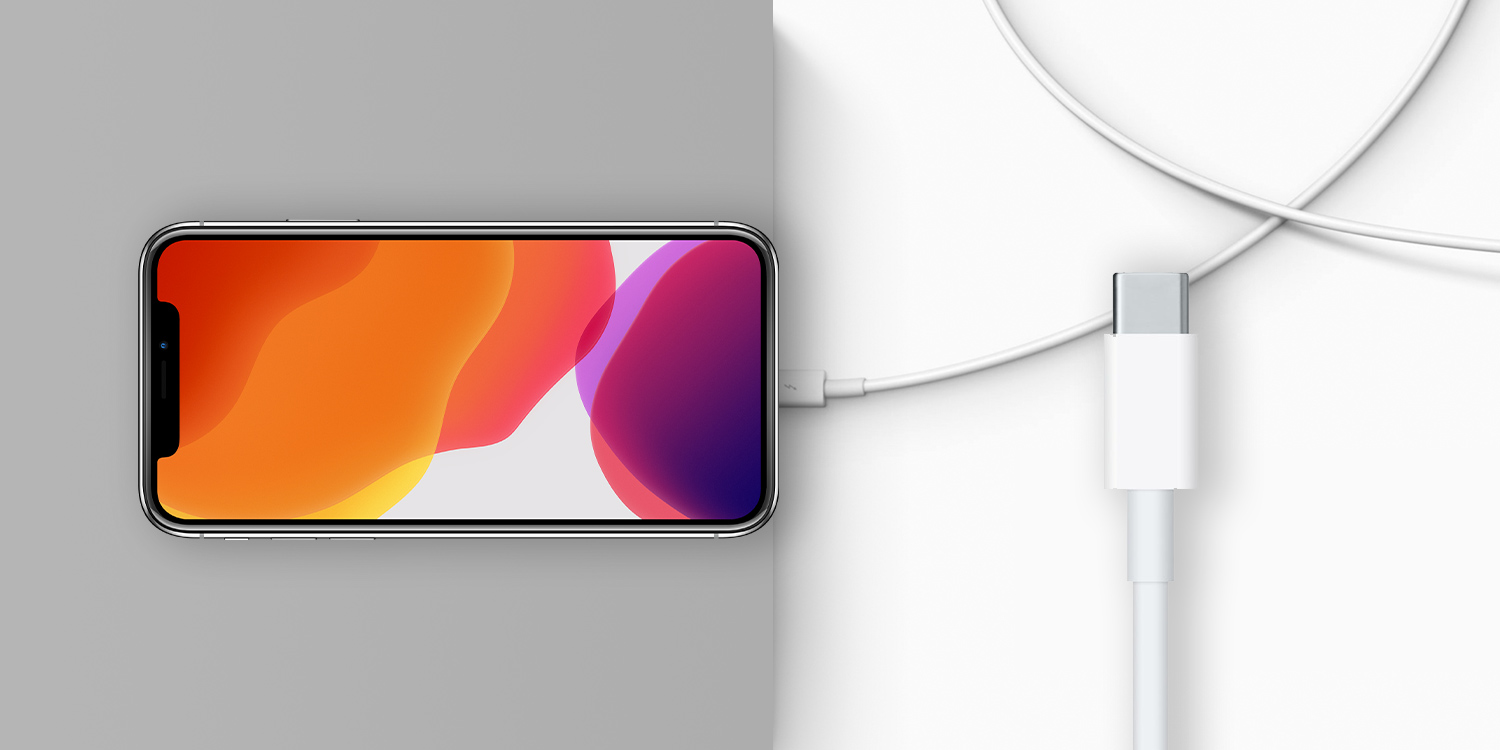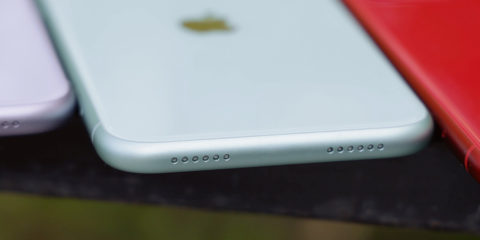An upcoming EU law could force Apple to ditch the Lightning cable in future iPhones in favor of USB-C. But would this be good or bad for consumers, and what’s the likelihood it will actually happen?
This week, Members of the European Parliament voted overwhelmingly (582-40) in favor of establishing a new law that says all mobile devices must use the same charger. With Android smartphones already universally adopting USB-C ports, and Apple already using USB-C for its iPad and MacBook range, this proposal seems targeted at taking down iPhone’s proprietary Lightning cable.
The rules would be an effort to cut down on electronic waste, say the EU, ensuring users don’t need to purchase and keep track of a multitude of different chargers. USB-C has already had this effect on the industry, having been adopted for all kinds of gadgets since its introduction a few years ago. But Apple’s own Lightning port remains an awkward outlier.
Apple argues that the voluntary adoption of USB-C is already going well, and forcing the iPhone to follow suit before it’s good and ready would “stifle innovation.” It’s also worth considering that any change would itself create a mountain of waste in the short term, as the millions of Lightning accessories out there are rendered obsolete.
It has been rumored for a while that as soon as the technology is fast and reliable enough, Apple is planning to ditch ports entirely and move to an iPhone that exclusively uses wireless charging. It’s thought that this is the reason the company is reluctant to switch to USB-C. Why confuse consumers with a big change when there’s another one right around the corner?
There are certainly arguments to be made on both sides. Despite Apple’s protestations, a world in which every device uses the same type of charger would be hugely convenient for users – but is it right for that decision to be made by law rather than the iPhone design team?
Either way, the European commission is planning to put the new law into effect by July, although Apple will argue its case before then in the hopes of changing a few minds. It will be interesting to see how Apple responds if the EU law is officially passed. Will it concede defeat and move the iPhone to USB-C, bring in wireless-only devices sooner than planned, create an EU-only iPhone variant, or ignore the rules completely and lawyer up?


